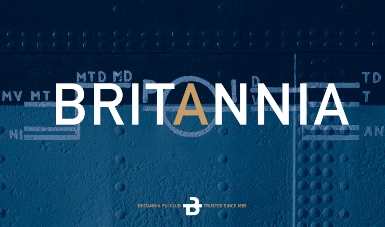
On 19 September 2021, a fire broke out in the auxiliary engine room on board the Finland registered roll-on/roll-off cargo ship Finnmaster while departing Hull. In an attempt to extinguish the fire, the ship’s crew activated the machinery space’s fixed CO2 fire extinguishing system pilot hoses, but only half of the system’s gas cylinders opened. The initial investigation identified that one of the CO2 system pilot hoses was blocked due to a manufacturing defect. Several coupling leaks were also found in the pilot lines.
Safety Issues
– The quality assurance processes of the pilot hose assembly supplier failed to identify that the hose couplings had not been fully bored through Continue reading “MAIB issues safety warning after discovery of blocked fixed CO2 fire extinguishing system pilot hoses”










